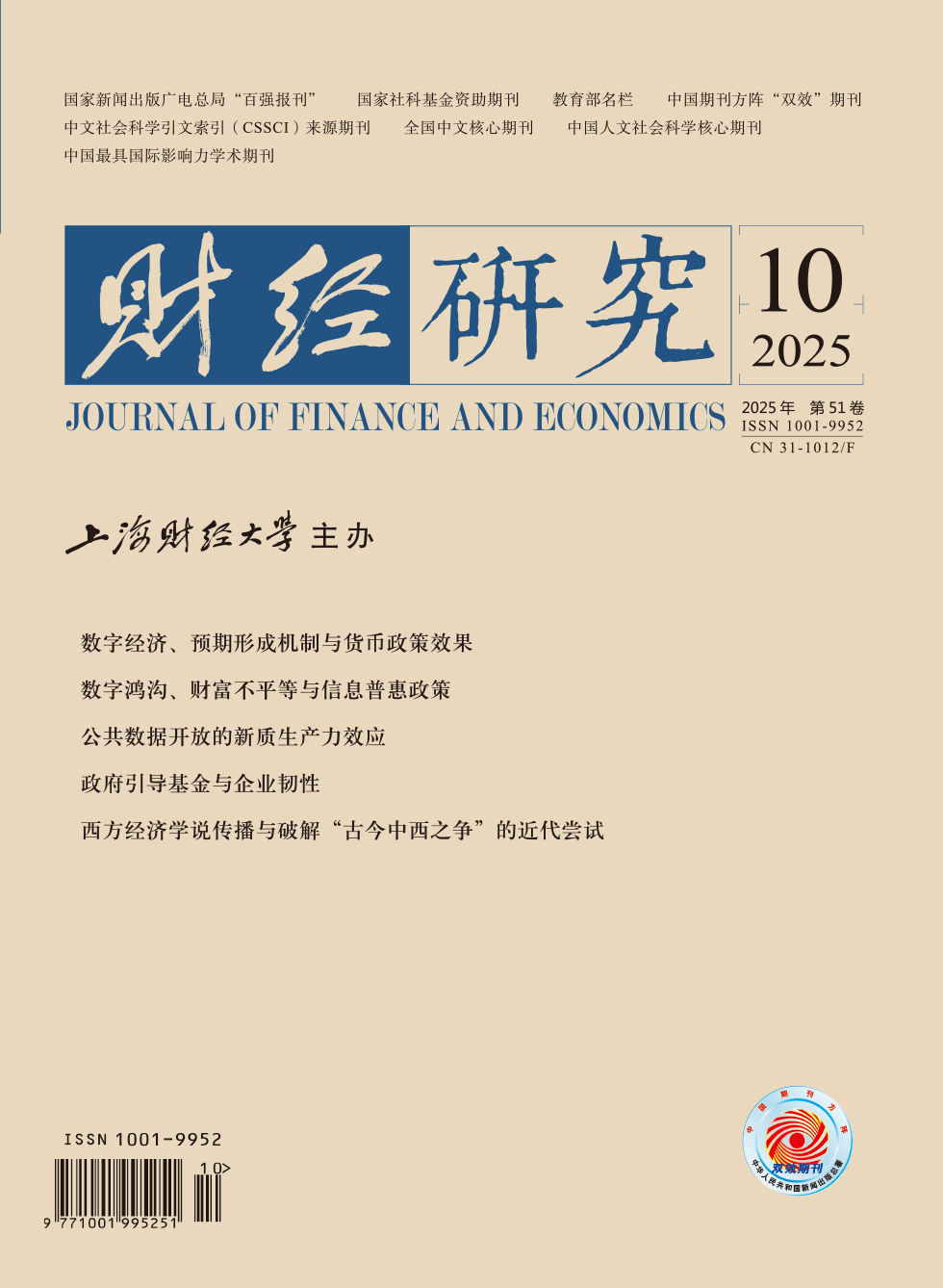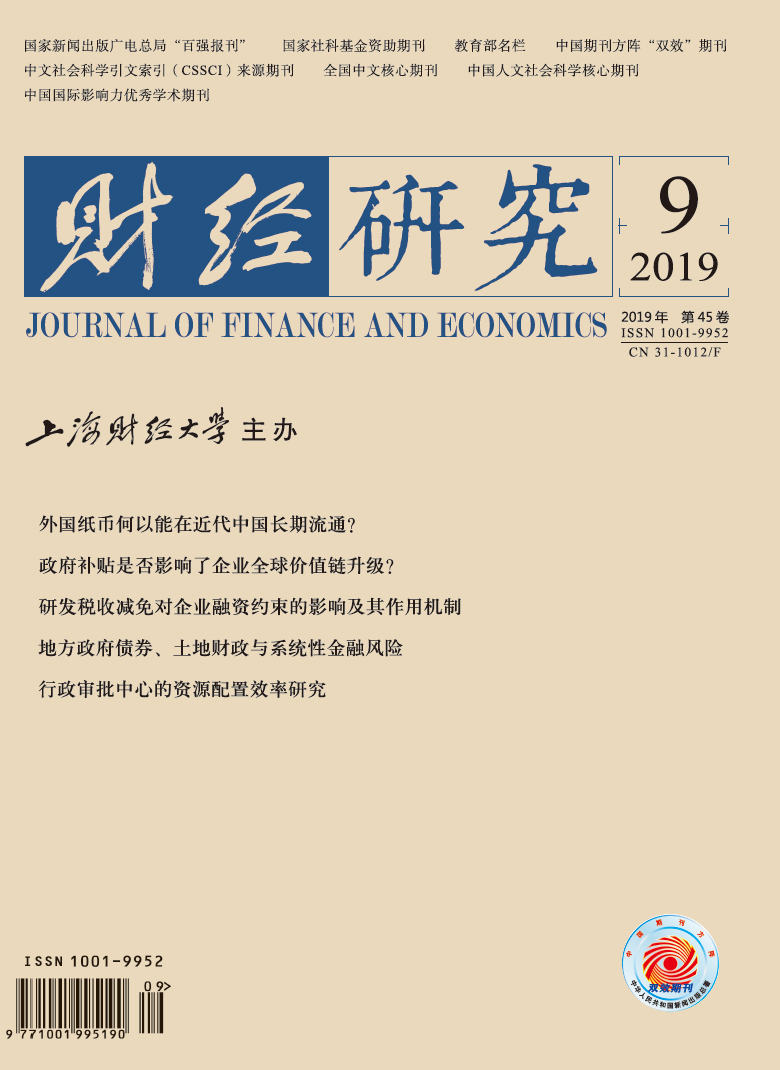Safeguarding and improving people’s livelihood in development is inseparable from both health and housing, for they are important sources of people’s sense of well-being and happiness. Based on the data of Chinese Family Panel Survey (CFPS) from 2010 to 2014, and using the exogenous impact of land supply in different prefecture-level cities as a tool variable of housing prices, this paper quantitatively studies the impact, heterogeneity and mechanism of housing prices on the physical and mental health of urban residents. The study finds that: on average, the impact of housing prices on the physical and mental health of urban residents is not significant. Further heterogeneity analysis shows that: rising housing prices significantly reduce the physical and mental health of young people with housing difficulties, while public medical treatment reduces the adverse effect of rising housing prices on the physical and mental health of residents with housing difficulties. The mechanism analysis shows that housing prices have a negative impact on residents’ health by increasing the probability of sleeping late and reducing job satisfaction.
The findings of this paper have important policy implications. Firstly, this paper provides a new perspective for the government on how to improve housing prices and health. The government can increase the supply of urban land reasonably and improve the health level of residents from the perspective of improving living conditions. Secondly, it reminds us to pay attention to the low-income groups in cities. The government can make appropriate compensation for these welfare victims by means of transfer payment which is compatible with employment training and incentives. Finally, it is helpful for us to understand the social cost of land finance more comprehensively.
Compared with the existing literature, the main contributions of this paper lie in four aspects: Firstly, the research on the relationship between housing prices and health supplements the empirical evidence from developing countries. Secondly, this paper combines the land supply system of China, and uses the exogenous shocks of land supply of different prefecture-level cities as the tool variable of regional housing prices, which better deals with the endogenous problem in this study. Thirdly, by skillfully referring to the relevant literature of health economics, this paper theoretically analyzes the two effects of housing prices on health: wealth effect and housing slavery effect, and reveals that the free flow and change of property wealth is an important constraint for the wealth effect to play its role. Fourthly, from the perspective of public health and personal life cycle, this paper analyzes the heterogeneity and micro-mechanism of housing prices’ impact on urban residents’ physical and mental health.





 7587
7587  9239
9239

